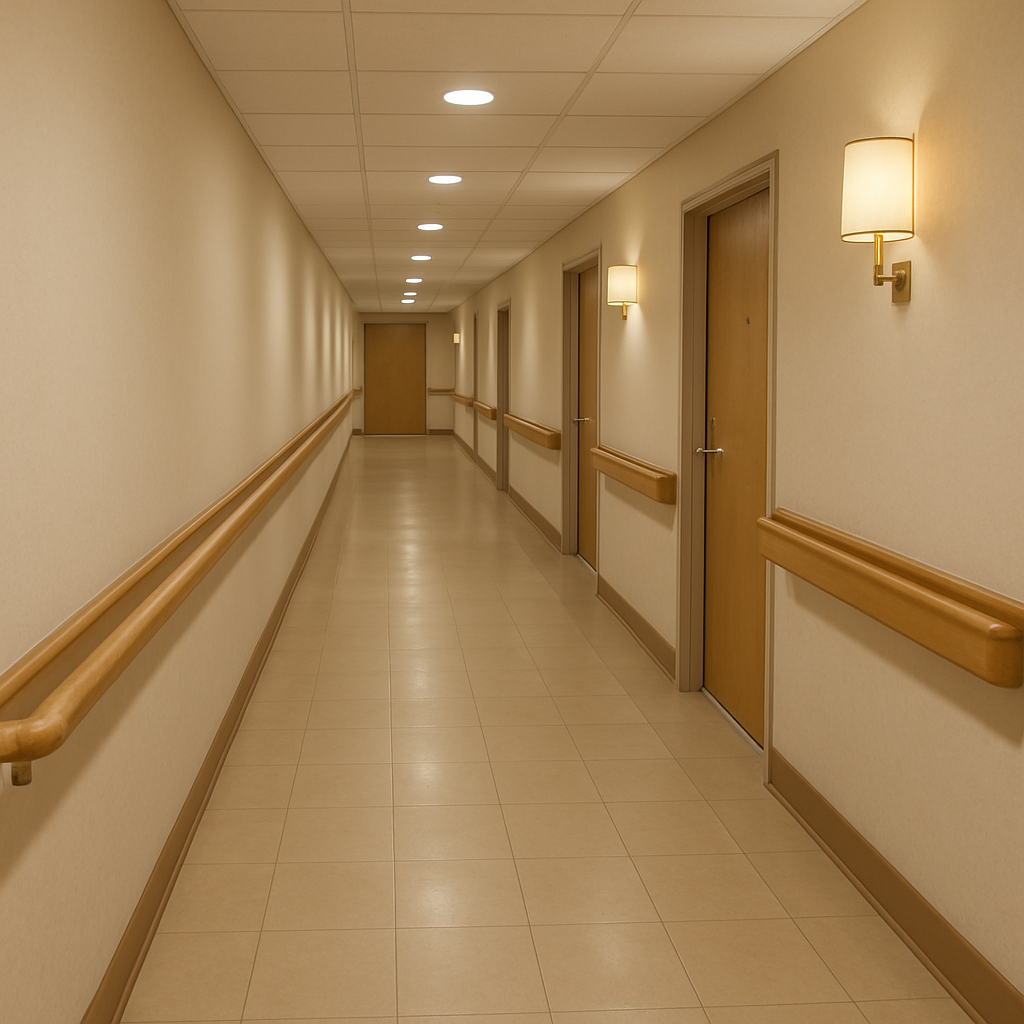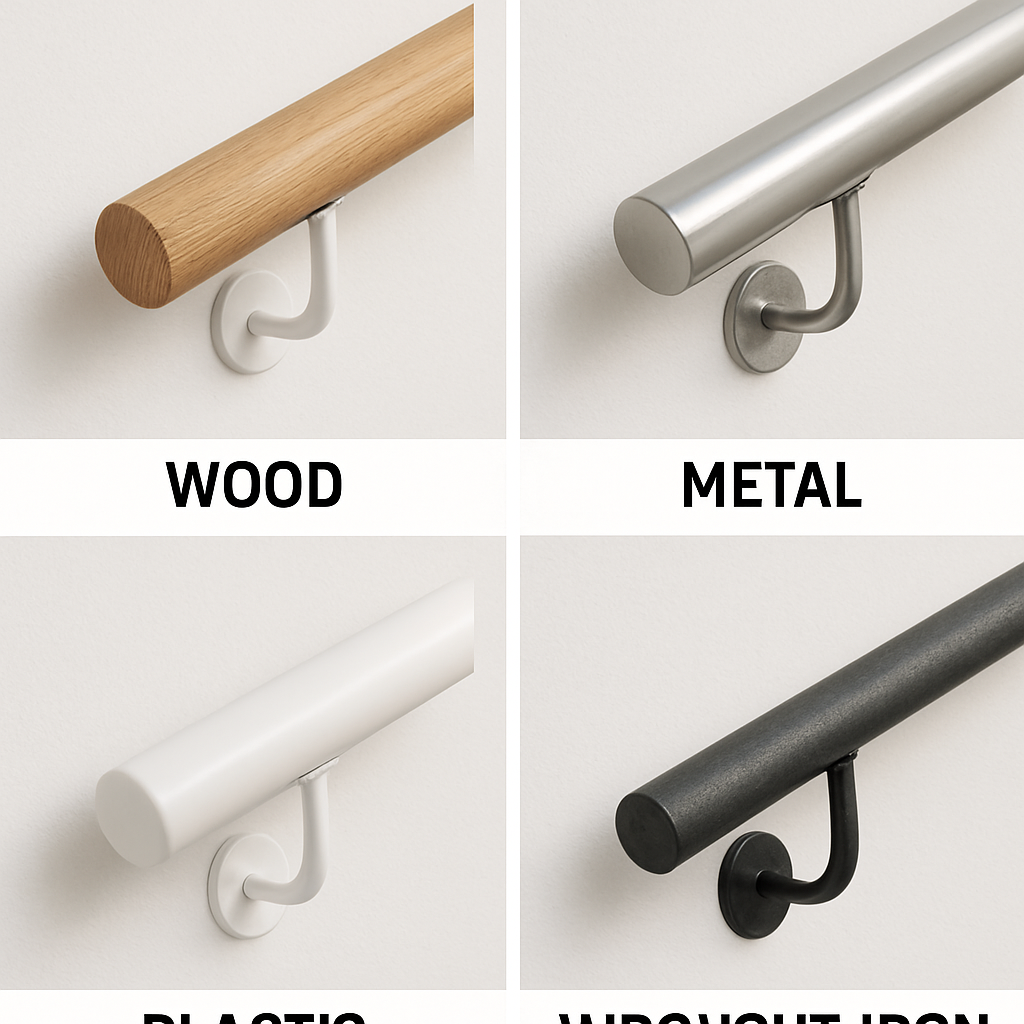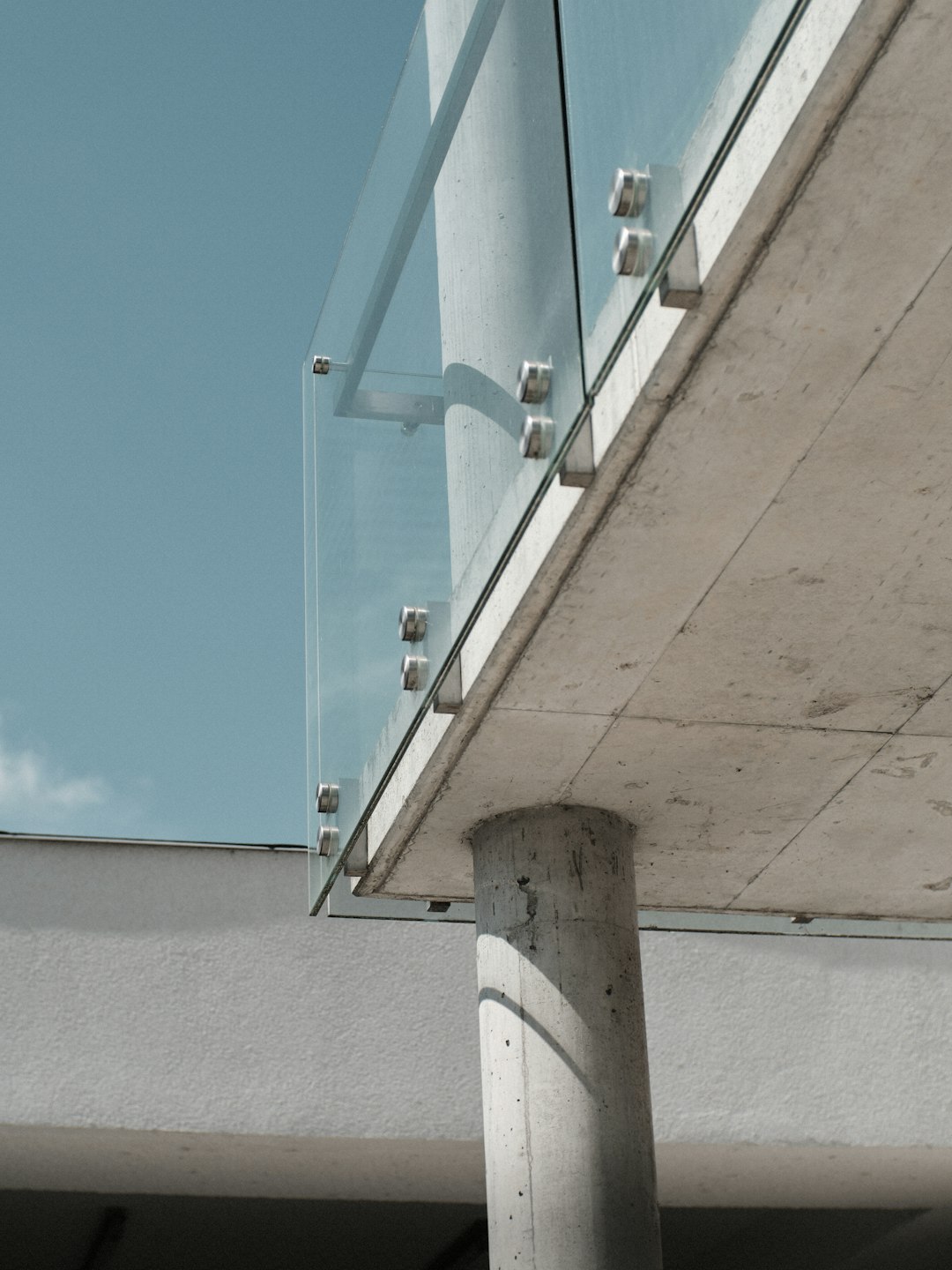 Service Hotline:13510328459
Service Hotline:13510328459
 205-206, 2nd Floor, Building 2, Xiazao Village Industrial Zone, Gaofeng Community, Dalang Street, Longhua District, Shenzhen City
205-206, 2nd Floor, Building 2, Xiazao Village Industrial Zone, Gaofeng Community, Dalang Street, Longhua District, Shenzhen City
 Service Hotline:13510328459
Service Hotline:13510328459
 205-206, 2nd Floor, Building 2, Xiazao Village Industrial Zone, Gaofeng Community, Dalang Street, Longhua District, Shenzhen City
205-206, 2nd Floor, Building 2, Xiazao Village Industrial Zone, Gaofeng Community, Dalang Street, Longhua District, Shenzhen City
Time:2025-09-12 Preview:
Navigating the world of wholesale pricing can be a daunting task, especially when it comes to specialized products like nursing home handrails. These essential safety features play a critical role in ensuring the well-being of residents in nursing homes. Understanding the wholesale pricing of nursing home handrails can help facility managers and purchasing agents make informed decisions that balance cost with quality and safety.
In this article, we will delve into the factors affecting nursing home handrail wholesale prices, explore different types of handrails available, and provide tips for purchasing handrails at the best possible price.
Handrails are more than just a supportive feature; they are a vital component of a nursing home’s safety measures. They provide residents with the stability and support needed to move safely around the facility, reducing the risk of falls and injuries. Ensuring that handrails are installed correctly and maintained is crucial for creating a safe environment for elderly residents.
Handrails facilitate mobility for residents who may have difficulty walking or maintaining balance. By offering a stable support, handrails help residents move around more freely and independently, contributing to their overall quality of life.
Handrails are not only beneficial for resident safety but also a requirement under various health and safety regulations. Nursing homes must adhere to specific guidelines regarding the placement, height, and strength of handrails to ensure compliance with safety standards.

Several factors influence the wholesale price of nursing home handrails. Understanding these can help buyers make informed purchasing decisions.
The material used in manufacturing handrails significantly impacts the price. Common materials include stainless steel, aluminum, and wood. Stainless steel is often more expensive due to its durability and corrosion resistance, while wood is generally cheaper but may require more maintenance.
The design of the handrail, including its size, shape, and additional features, can also affect pricing. Handrails with ergonomic designs or those with integrated features like lighting or anti-slip surfaces may carry a higher price tag.
Purchasing handrails in bulk usually results in lower prices per unit. Many suppliers offer discounts for large orders, making it cost-effective for nursing homes to buy in larger quantities.
The choice of supplier and brand can also influence the price. Established brands or suppliers with a reputation for quality might charge more, but they often offer better customer service and product warranties.

There are several types of handrails available for nursing homes, each offering different benefits and price points.
These are the most common type of handrails used in nursing homes. Mounted directly onto the walls, they provide continuous support along hallways and corridors. They come in various materials and can be customized to fit specific design requirements.
Floor-mounted handrails are installed directly on the floor and are ideal for areas where wall-mounted options are not feasible. They offer sturdy support but may be more expensive to install due to the additional hardware required.
Freestanding handrails are portable and can be moved as needed. While they offer flexibility, they may not provide the same level of stability as permanently installed options.

When purchasing handrails for a nursing home, consider the following tips to ensure you get the best price and quality:
Do not settle for the first supplier you come across. Compare prices, products, and services from multiple suppliers to ensure you get the best deal. Look for suppliers who specialize in medical or nursing home equipment, as they may offer better prices and expertise.
Wholesale prices are often negotiable, especially for large orders. Don’t hesitate to discuss pricing with suppliers and seek discounts or better terms.
Ensure that the handrails meet all relevant safety and compliance standards. Investing in non-compliant products can lead to additional costs down the line.
Factor in the cost of installation when budgeting for handrails. Some suppliers offer installation services, which can be convenient and ensure proper setup.
Choose suppliers that offer warranties and reliable after-sales support. This can save money on repairs and replacements in the long term.
Investing in high-quality handrails is crucial for the safety and well-being of nursing home residents. By understanding the factors that influence wholesale prices and exploring different types of handrails, nursing home managers can make informed decisions that ensure both safety and financial efficiency.
With careful planning and consideration, purchasing handrails at wholesale prices doesn’t have to be overwhelming. Use the tips provided to navigate the market effectively and secure the best possible products for your facility.
